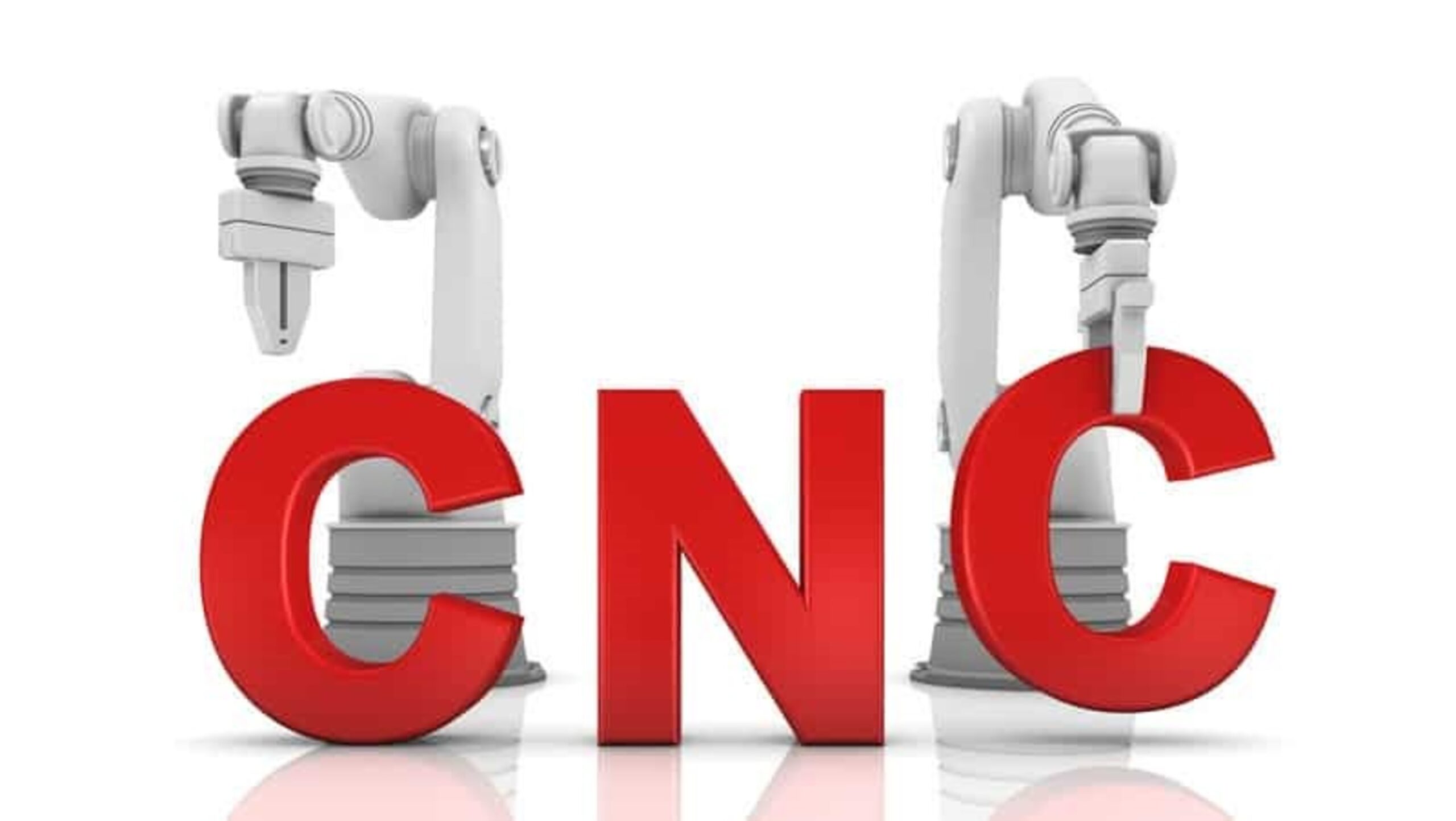
The Computer Numerical Control (CNC) Programming Course is designed to provide learners with a comprehensive understanding of CNC machine operations, programming, and applications in modern manufacturing. This course covers the fundamentals of CNC technology, including machine structure, axis configuration, and tool selection. Students will learn how to write and interpret G-codes and M-codes, develop part programs for milling and turning operations, and simulate machining processes using industry-standard software. The course emphasizes hands-on training with CNC machines, enabling learners to gain practical experience in setup, operation, and troubleshooting. By the end of the program, participants will be capable of creating optimized CNC programs for various machining tasks, enhancing precision, efficiency, and productivity in manufacturing environments.
Introduction to CNC Technology Basics of CNC machines Advantages of CNC over conventional machining Types of CNC machines (milling, turning, drilling) CNC system components and working principles
Machine Structure and Operations Machine axes and coordinate systems Tool types and work-holding devices Machine setup and calibration Safety procedures and maintenance
Module 3: Engineering Drawings and Measurements Reading blueprints and GD&T symbols Measuring instruments and inspection methods Surface finish and tolerance analysis.
Fundamentals of CNC Programming Structure of a CNC program G-codes and M-codes introduction Program blocks, coordinates, and tool paths
CNC Turning Programming Lathe operations (facing, turning, threading, grooving) Tool offset setting and compensation Sample part programming and simulation.
CNC Milling Programming Milling operations (pocketing, contouring, drilling) Cutter compensation and tool path control Creating and testing milling programs.
CAD/CAM Integration Introduction to CAD and CAM software Part modeling and toolpath generation Post-processing and program transfer to CNC machines.
Simulation and Verification CNC program simulation using software tools Error detection and correction Optimization of tool paths and machining time
Advanced CNC Concepts Subprograms, loops, and macros Multi-axis machining concepts Introduction to automation and robotic integration.
Project and Industrial Applications Real-time project on CNC part manufacturing Industrial practices and quality assurance Career preparation and certification guidance
Mobile: 9100348679
Email: coursedivine@gmail.com

You cannot copy content of this page